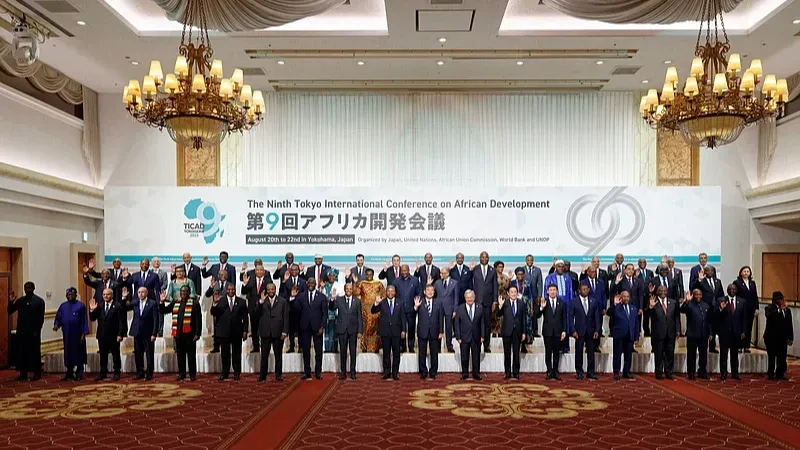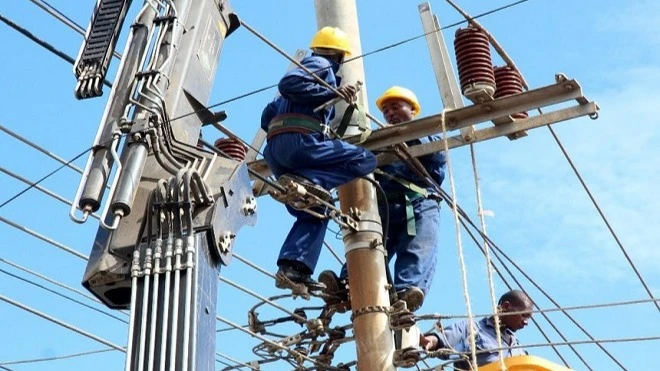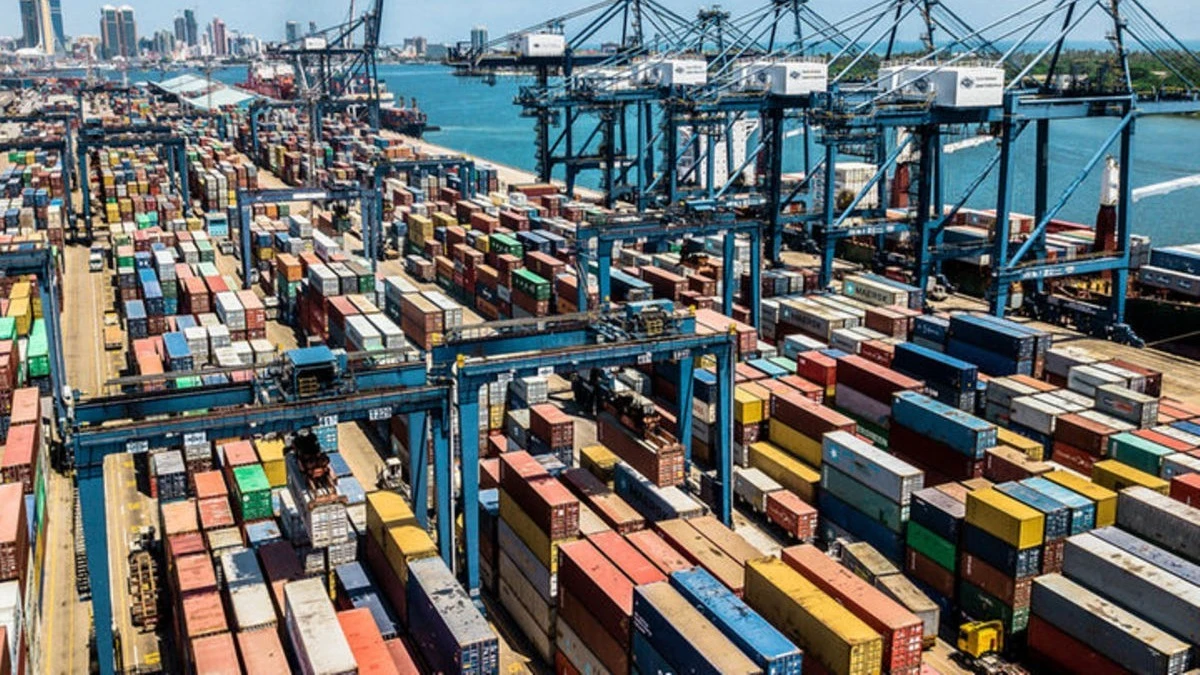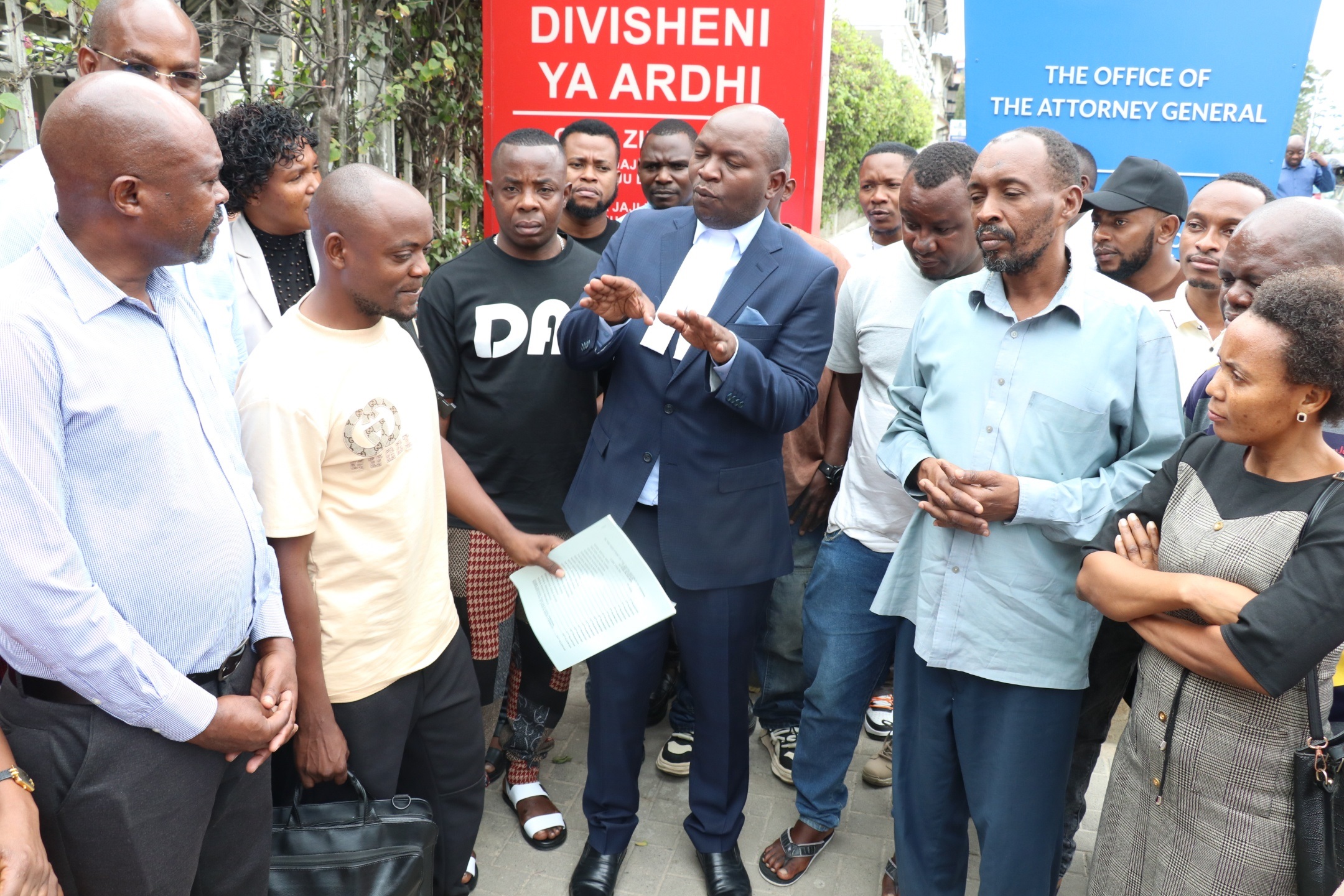‘Internal private investments vital in natural resource sector for Africa’

GREATER private sector investment is needed in Africa’s natural resources and tourism sectors, as such involvement is vital for advancing sustainable development across the continent.
Prof. Dos Santos Silayo, the Tanzania Forest Services (TFS) commissioner, made this appeal at an international panel discussion on investment in Africa at an event in the Japanese city of Yokohama, at the end of an international conference for African development over the weekend.
He underscored the urgency of accelerating private-sector engagement, asserting that the time has never been more critical for inclusive and sustainable economic growth in Africa.
“Private sector participation is more essential now than at any point in Africa’s history,” he said, pointing out that Africa currently faces a financial gap of over $200bn annually needed to meet the sustainable development goals (SDGs), the African Union’s Agenda 2063, and global climate change mitigation requirements.
Public funding and multilateral or bilateral support are insufficient to bridge this gap, making private sector involvement not just necessary, but unavoidable at the moment, he stated, while cautioning on a number of risks.
Despite some notable successes in renewable energy and blended-finance initiatives in countries like Tanzania, many global investors still perceive Africa as a high-risk destination — a narrative that stakeholders need to collectively challenge, the commissioner declared.
The strengthening of domestic capital markets will reduce dependency on foreign currency financing with its volatility risks, he said, citing recent progress in Tanzania, where the Agricultural Development Bank and another newly instituted Cooperative Bank are now offering affordable financial services for agriculture and environmental investments.
Applauding the setting up of dedicated financing mechanisms for small and medium enterprises (SMEs), he said that such initiatives fuel innovation, support local livelihoods and expand employment opportunities.
He highlighted the need for harmonised investment frameworks in energy, agriculture and digital infrastructure, hailing the country’s growing momentum in digital transformation, enhancing access to financial, social and government services.
Policy reform and good governance, as well as leveraging regional institutions such as the African Development Bank and national development banks while expanding cross-border investment portfolios are measures that will help instil investor confidence and catalyse sustainable economic transformation, he further noted.
The panel discussion also featured the Japan International Cooperation Agency (JICA) vice president, the African Development Bank vice president for investment, the UNDP resident representative in Nigeria, and the Development Bank of Japan (DBJ) chief executive officer.
More than 150 delegates from various countries participated in the event in person and online, reflecting growing global interest in Africa’s investment landscape, conference analysts noted.
Top Headlines
© 2025 IPPMEDIA.COM. ALL RIGHTS RESERVED






















